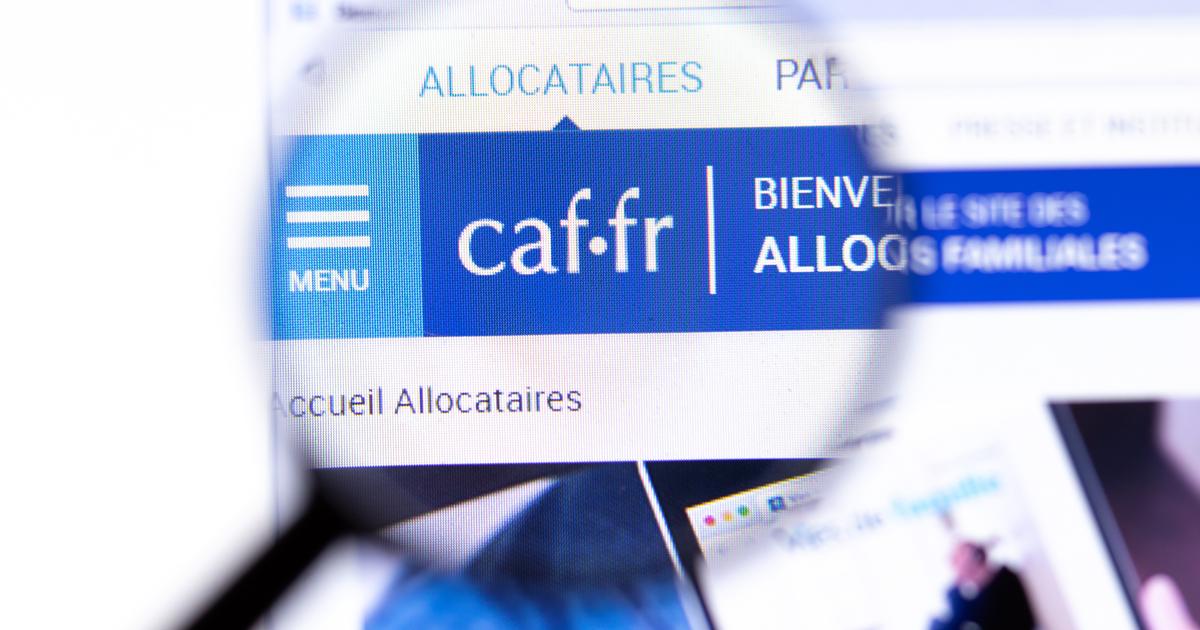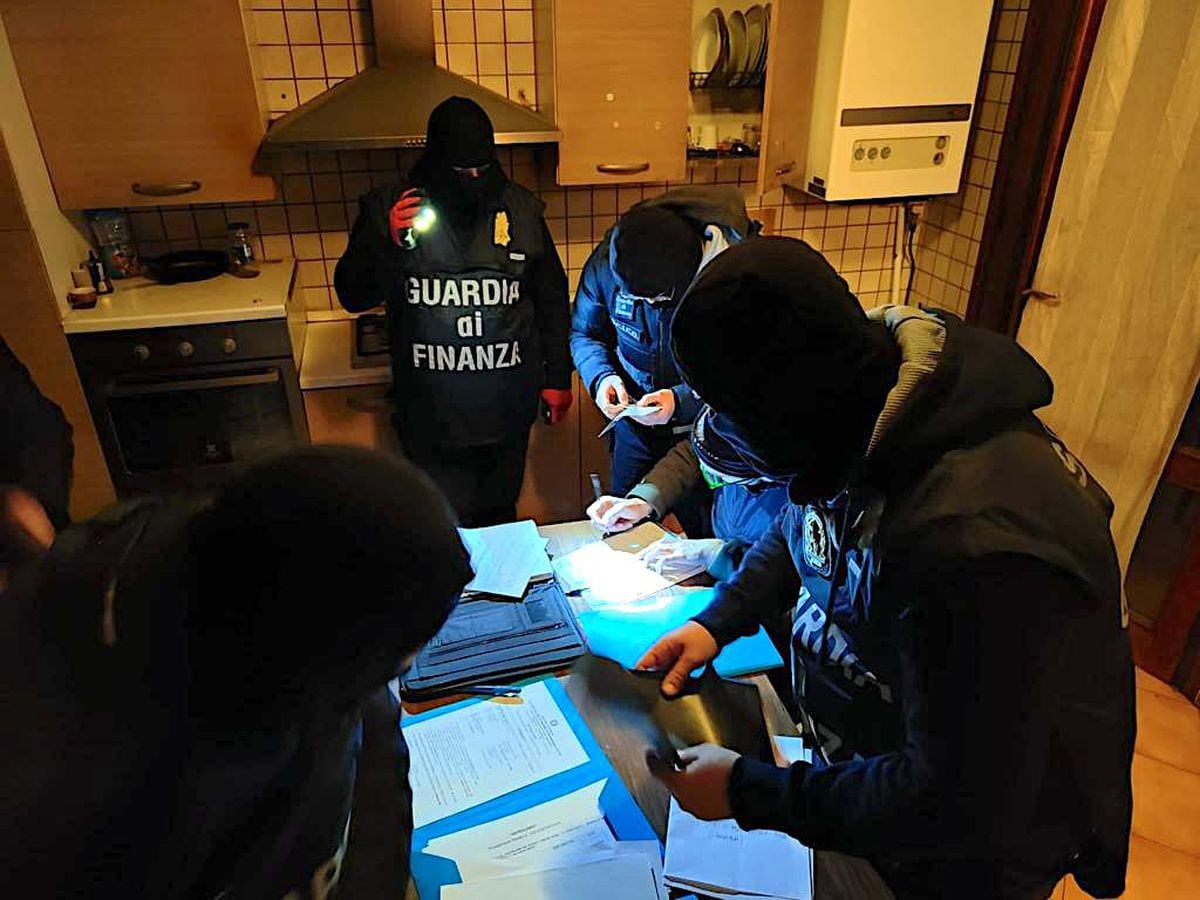It is a scourge that is now reaching record levels. According to a report by the JDD, out of 32.4 million controls carried out in 2022, 48,692 scams in connection with the National Family Allowances Fund (CNAF) were identified, up 11.6% over one year. These frauds are costly to the State and represent 351 million euros, against 309 million in 2021. In detail, the RSA includes 60% of unpaid amounts, followed by the activity bonus at 13%, housing benefits at 12% and the disabled adult allowance at 3%.
While these figures are staggering, they are fraudsters acting knowingly and not mistakes made by beneficiaries. On average, the damage amounts to 7217 euros per scam, an increase of 55 euros in one year. Scammers are redoubling their inventiveness to hit the jackpot: hacking bank details, false professional activities, identity theft, ghost companies or the creation of microenterprises.
To pin down these profiteers, the CNAF multiplies its controls and cross-references its data with those of Pôle emploi or tax centers. "Our controls aim to ensure the right of justice, that is to say to pay the right amount with regard to an individual situation and to rectify errors when there are any," says the JDD Nicolas Grivel, director general of the CNAF. In addition to online checks, the organization also emphasizes real checks. In all, 700 sworn officers have the opportunity to visit the homes of beneficiaries. In 2022, 134,653 inspections were carried out on site, 10,000 more than in 2021.
" READ ALSO Social aid fraud: how the France follows the trace of benefits sent "to the Maghreb or elsewhere"
Frauds that "undermine national solidarity"
For the past two years, the state has also been training thirty "super-investigators" to pin the bigwigs. They operate within the National Anti-Stakes Fraud Service and tackle ten times greater damage. These agents come from the CNAF, but also from the Urssaf or taxes. In 2022, 14,000 controls were carried out, identifying 69.4 million euros of undue. "These phenomena of organized fraud are to the detriment of recipients and undermine national solidarity," regrets Nicolas Grivel.
To stem this phenomenon, the Minister of Public Accounts, Gabriel Attal, announced at the beginning of the week a whole battery of measures. Its plan to combat social fraud provides in particular that from 1 July, "there will no longer be payments of social benefits to foreign bank accounts outside the European Union". Identified fraudsters will also pay "10% more", from 1 January 2024, "corresponding to the application fee".
«
Finally, I want to strengthen the residence requirement for receiving social benefits in France. Today, to benefit from family allowances or the minimum old-age pension, you have to spend six months of the year in France, eight months to receive the APL and nine months for the RSA and the activity bonus. From now on, to receive any social assistance, it will be necessary to reside nine months in France per year, "said Gabriel Attal Monday. Measures that could at least make it possible not to record a further increase in these frauds in 2023, or even in 2024.







/cloudfront-eu-central-1.images.arcpublishing.com/prisa/KMEYMJKESBAZBE4MRBAM4TGHIQ.jpg)


/cloudfront-eu-central-1.images.arcpublishing.com/prisa/EXJQILQR5QI7OMVRTERD7AEZAU.jpg)
